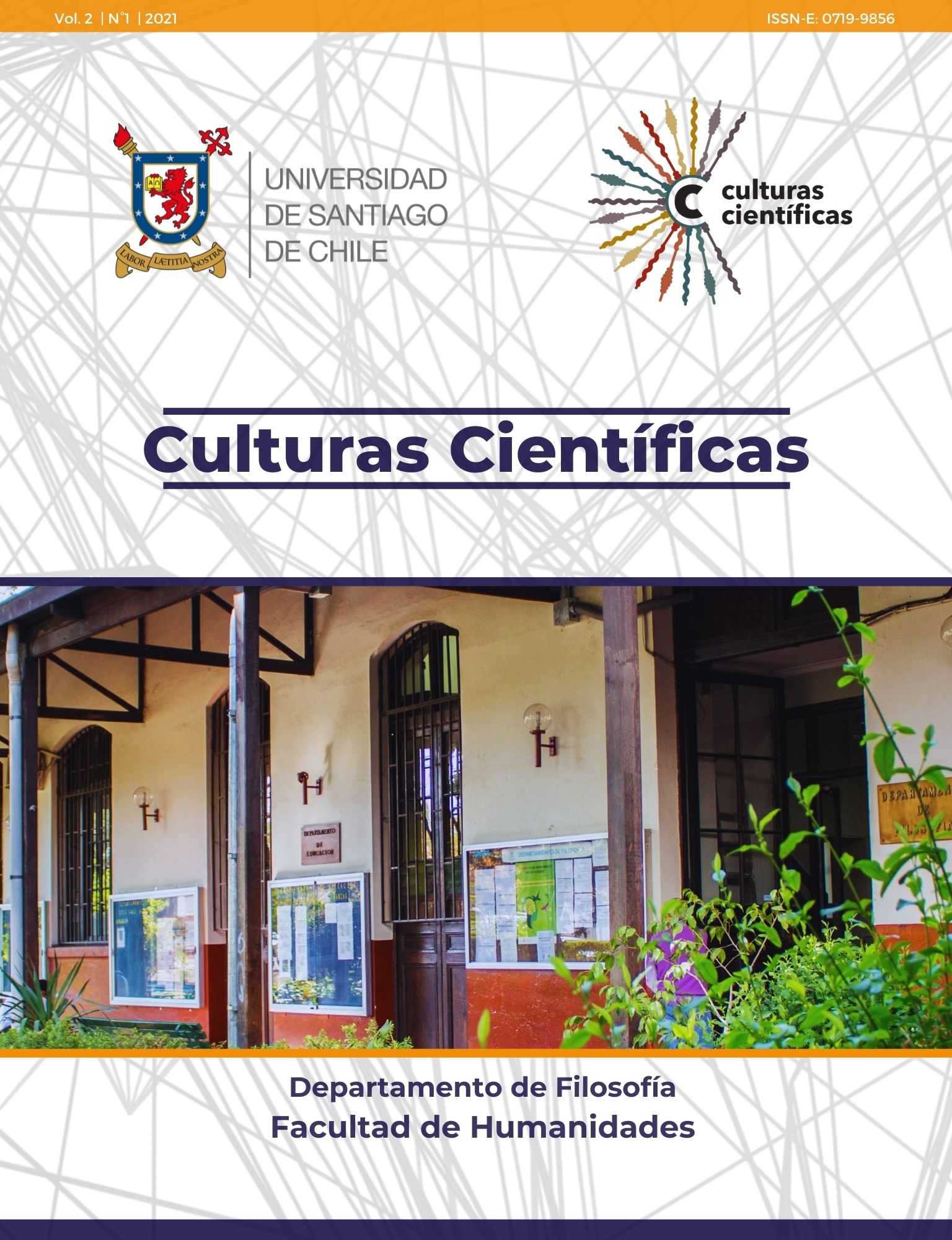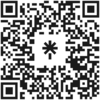Euclid among the Arabs
An Approach to the Arabic Reading of The Elements
DOI:
https://doi.org/10.35588/cc.v2i1.4759Keywords:
Algebra, Al-KhwÄrizmÄ«, Euclid, Equation, TheoremAbstract
It is common to hear that the Western world owes the Arabs the discovery of algebra. Nevertheless, the development of this discipline can be interpreted as a melting pot of different scientific traditions that was possible thanks to the classification, translation, and criticism of both the classics and the works that the Arabs obtained from the peoples they conquered. Among these works were The Elements of Euclid.
The Elements were carefully translated during the Caliphate of Al-Ma'mÅ«n by the mathematician Mohammed ibn-Musa Al-KhwÄrizmÄ«, author of Al-jabr wa'l muqÄbalah, who laid the foundations for the discipline that would later become known as algebra and who, in the first part of his work, provides us with three methods to solve three types of equations that he calls “combined equations”. Throughout this paper I offer arguments to claim that the methods for solving these equations constitute a reinterpretation, in the algebraic field, of theorems 6, 7 and 8 of the second book of Euclid's Elements. My objective is to answer the following question: What reading of Euclid’s Elements made possible the emergence of algebra in the Arab world? To answer this question, it is necessary to explore the approach that the Arabs had with Book II of The Elements, in order to propose an interpretation of the possible factors that led them to formulate algebra. The latter is found in the first part of Al-KhwÄrizmÄ«'s work.
Downloads
References
Al-Jwarizmi (2009). El libro del Álgebra. Traducción de Ricardo Moreno Castillo. España: Nivola.
Al-Khayyam, O. (2008). An Essay by the Uniquely Wise ‘Abel Fath Omar Bin Al-Khayyam on Algebra and Equations. Traducción de Roshdi Khalil. Líbano: Garnet.
Al-Khwarizmi (2007). "Livre d'algèbre et d'al-muqābala de Muḥammad ibn Mūsā al-Khwārizmī". En R. Rashed (comp; trad.), Al-Khwārizmī : le commencement de l'algèbre / Texte établi, traduit et commenté par R. Rashed, París: Librairie Scientifique et Technique Albert Blanchard
Arnzen, R. y Lo Bello, A. (2009). The Commentary of Al-Nayrizi on Books II-IV of Euclid’s Elements of Geometry: with a translation of that portion of Book I missing from Leiden or. 399.1 but present in the newly discovered Qom manuscript edited by Rüdiger Arnzen and Anthony Lo Bello. Netherlands: Brill.
Corominas, J. (2005). Breve diccionario etimológico de la lengua castellana. España: Gredos.
Euclides (1992). Los Elementos. México: Universidad Nacional Autónoma de México.
García Olvera, F. (2005). El producto del diseño y la obra de arte. México: Universidad Autónoma Metropolitana.
Levi, B. (2001). Leyendo a Euclides. Argentina: Libros del Zorzal.
Moreno Castillo, R. (2010). Al-Jwarizmi. El algebrista de Bagdad. España: Nivola.
Rashed, R. (1994). The development of Arabic mathematics: between arithmetic and algebra. Netherlands: Kluwer Academic Publishers.
Rashed, R. (1996). Encyclopedia of the History of Arabic Science. Nueva York: Routledge.
Vernet, J. (1991). Los orígenes del islam. Barcelona: El Acantilado.
Vernet, J. (1999). Lo que Europa debe al Islam de España. Barcelona: El Acantilado.
Downloads
Submitted
2021-01-13Published
Issue
Section
License
Copyright (c) 2021 Norma Ivonne Ortega Zarazúa

This work is licensed under a Creative Commons Attribution 4.0 International License.











